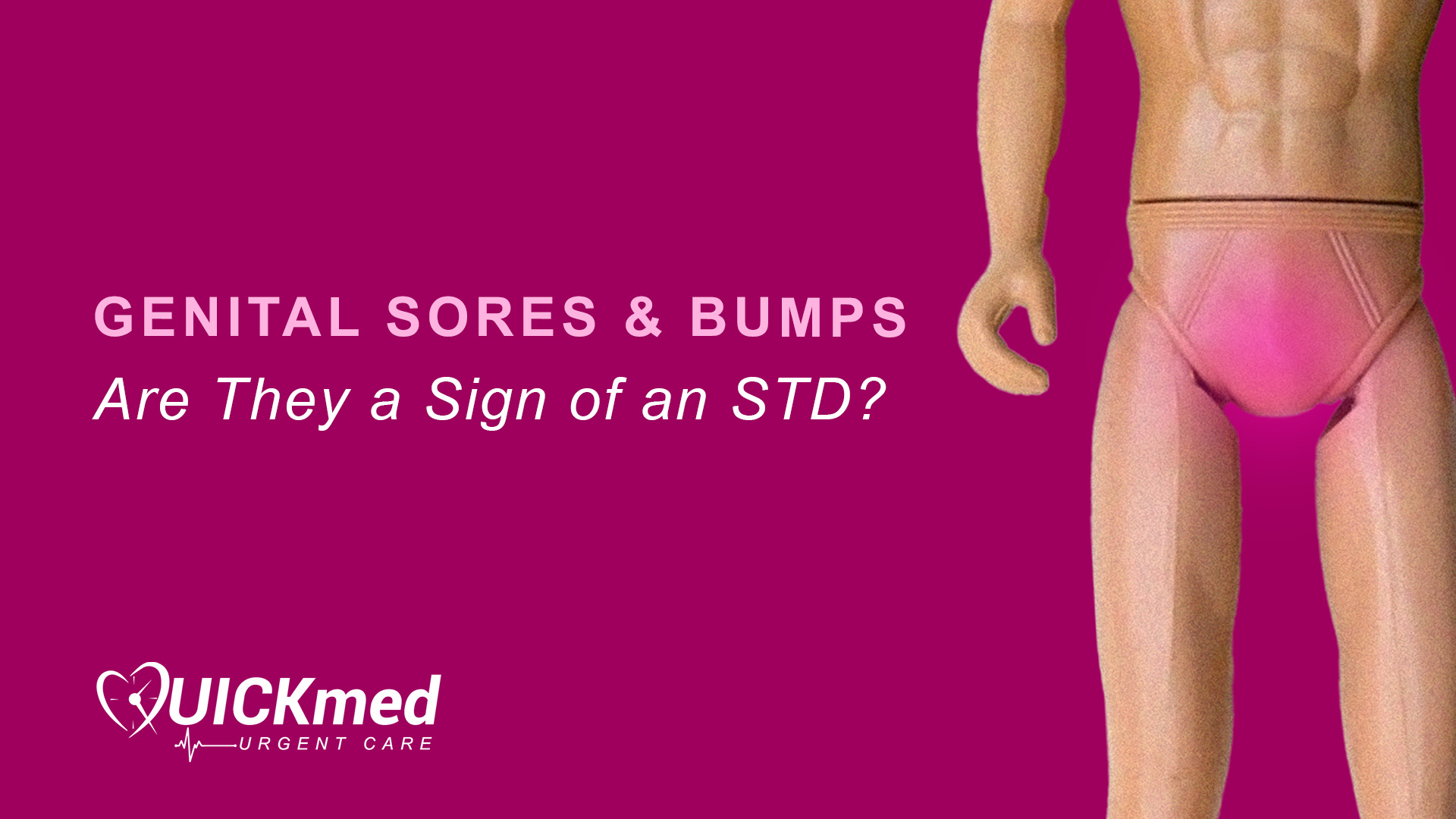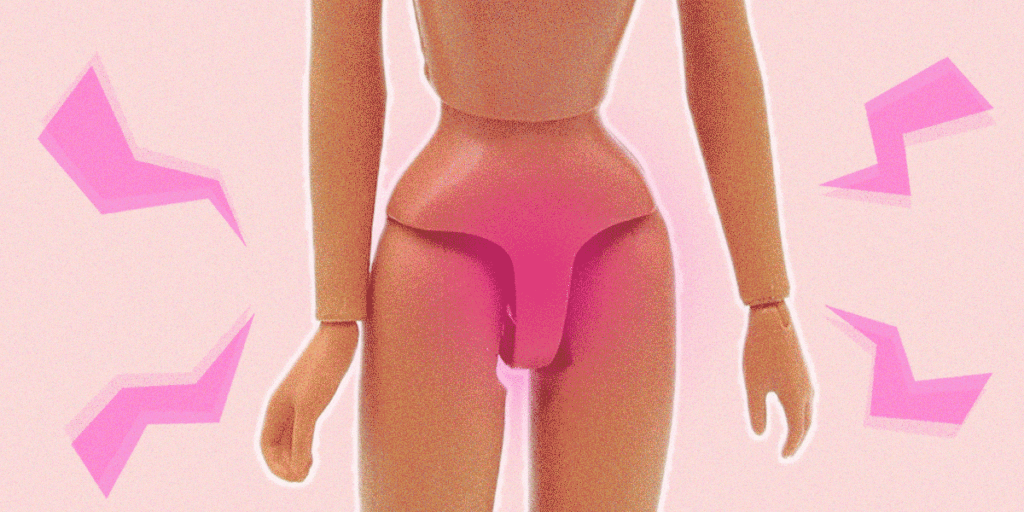Genital Sores and Bumps: Are They a Sign of an STD?

Genital Sores and Bumps: Are They a Sign of an STD?
Noticing sores or bumps in the genital area can be alarming, but it’s important to understand what they mean for your health. While some bumps may be harmless, others can be a sign of a sexually transmitted disease (STD) that requires medical attention. Knowing the causes, symptoms, and treatment options can help you take control of your health.
What Are Genital Sores and Bumps?
Genital sores and bumps are lesions that appear on or around the genitals, anus, or mouth. They can vary in size, color, and texture, and may be accompanied by symptoms such as pain, itching, or discharge. These bumps and sores may be caused by infections, skin conditions, or irritation.

Common STD-Related Causes
Several STDs can cause sores and bumps, including:
- Herpes (HSV-1 & HSV-2): Painful blisters that break open and form ulcers, often accompanied by flu-like symptoms during outbreaks.
- Syphilis: Begins as a single painless sore (chancre), which may heal on its own but can progress to serious health issues if untreated.
- Genital Warts (HPV): Small, flesh-colored or cauliflower-like bumps caused by the human papillomavirus.
- Molluscum Contagiosum: Small, firm, dome-shaped bumps that may be itchy but are usually painless.
- Chancroid: Painful ulcers that may ooze pus, typically found in areas of sexual contact.
- Scabies & Pubic Lice: Itchy rashes or bumps caused by parasites that spread through close contact.
Non-STD Causes
Not all bumps or sores are caused by STDs. Other possible causes include:
- Ingrown hairs or folliculitis (from shaving or waxing)
- Cysts (harmless fluid-filled sacs under the skin)
- Allergic reactions (to soaps, detergents, or personal care products)
- Skin conditions (such as eczema or psoriasis)
What Does That Mean for You?
If you notice a sore or bump, don’t panic—but don’t ignore it either. Here’s what to look for:
- Painful vs. Painless: Painful sores may indicate herpes or chancroid, while painless sores can be a sign of syphilis.
- Itching or Burning: This could suggest herpes, scabies, or an allergic reaction.
- Persistent or Growing Bumps: Warts from HPV may start small but can grow and multiply over time.
- Accompanied by Other Symptoms: Fever, swollen lymph nodes, or unusual discharge may point to an STD that requires medical treatment.
If you’re unsure, getting tested is the best way to know for sure.
Solutions: What to Do If You Have Sores or Bumps
If you suspect an STD or another issue, take the following steps:
- Get tested: QUICKmed offers discreet at-home STD testing kits and in-person evaluations.
- Avoid touching or popping sores: This can spread infection and make symptoms worse.
- Use proper medication: STDs like herpes and syphilis require prescription treatment. QUICKmed’s telehealth services can help you get the care you need.
- Keep the area clean: Gently wash with mild soap and water, and avoid harsh products.
- Refrain from sexual activity: Until you get a diagnosis, avoiding sex can help prevent the spread of infection.
Preventative Measures: How to Protect Yourself
Preventing sores and bumps caused by STDs starts with safe and informed choices. Here’s how to protect yourself:
- Practice safe sex: Use condoms and dental dams to reduce
- Get vaccinated: The HPV vaccine protects against the most common strains that cause genital warts and cervical cancer. The hepatitis B vaccine also helps prevent another STD-related infection.
- Regular testing: Routine STD screenings help detect infections early, even if you don’t have symptoms. QUICKmed makes testing simple with at-home kits and in-person visits.
- Limit sexual partners: Reducing the number of partners can lower your risk of exposure to STDs.
- Communicate with partners: Open conversations about STD status and testing history can help prevent infections.
- Maintain good hygiene: Wash your genital area daily with mild soap, avoid harsh chemicals, and wear breathable cotton underwear to prevent irritation and infections.
Take Control of Your Sexual Health with QUICKmed
If you’ve noticed unexplained sores or bumps, don’t wait to get answers. QUICKmed offers discreet, reliable STD testing and telehealth services so you can get the care you need from the comfort of your home.
Take charge of your health today—schedule a consultation or order a test kit from QUICKmed.

